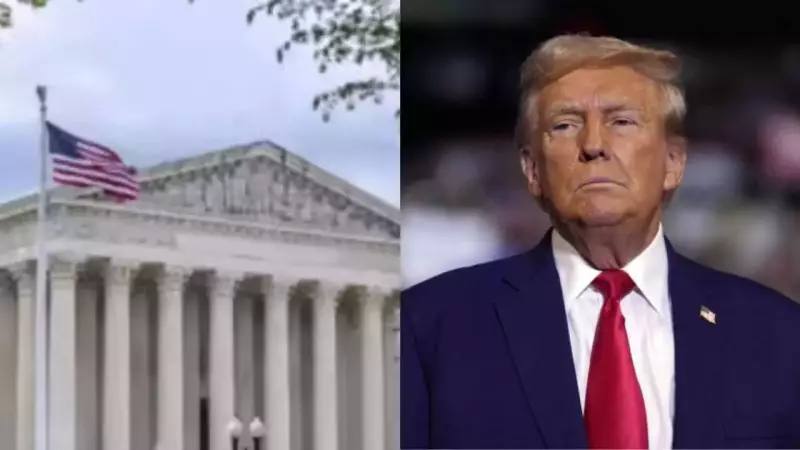
The United States Supreme Court has raised serious doubts about the legality of tariffs imposed during Donald Trump's presidency, creating ripples across international trade circles. During a crucial hearing that could reshape American trade policy, justices from across the ideological spectrum expressed skepticism toward the controversial steel tariffs that sparked global trade tensions.
Judicial Scrutiny Intensifies
Supreme Court justices carefully examined arguments challenging the Trump administration's decision to levy substantial tariffs on steel imports under Section 232 of the Trade Expansion Act of 1962. The provision, originally designed to address national security threats, was utilized to justify imposing 25% tariffs on foreign steel—a move that triggered retaliatory measures from trading partners worldwide.
Key Concerns Raised by Justices
During the proceedings, several justices questioned whether the executive branch had overstepped its authority by invoking national security concerns for what critics argue were primarily economic objectives. The bench appeared particularly concerned about the broad interpretation of presidential powers under the decades-old trade legislation.
Justice Elena Kagan notably pointed out the potential for unlimited executive power if national security claims went unchecked, while Justice Brett Kavanaugh, who had previously supported presidential authority on trade matters, also appeared to harbor reservations about the tariff implementation.
Broader Implications for US Trade Policy
The court's decision could have far-reaching consequences for future presidential administrations and their ability to implement trade restrictions. Legal experts suggest that a ruling against the government could significantly constrain how Section 232 authority is exercised in coming years.
The case arrives at a time when the Biden administration has maintained several Trump-era tariffs while seeking to recalibrate America's trade relationships. The outcome may influence how current and future presidents balance economic interests with national security considerations in international trade.
Industry Reactions and Economic Impact
American steel manufacturers have largely supported the tariffs, arguing they've helped revitalize domestic production and protect jobs. However, numerous manufacturing sectors that rely on steel imports have consistently opposed the measures, citing increased production costs and competitive disadvantages in global markets.
The Supreme Court's ruling, expected in the coming months, will determine whether these contentious tariffs withstand judicial scrutiny or if Congress needs to reconsider how trade and national security intersect in American law.





